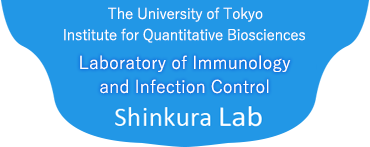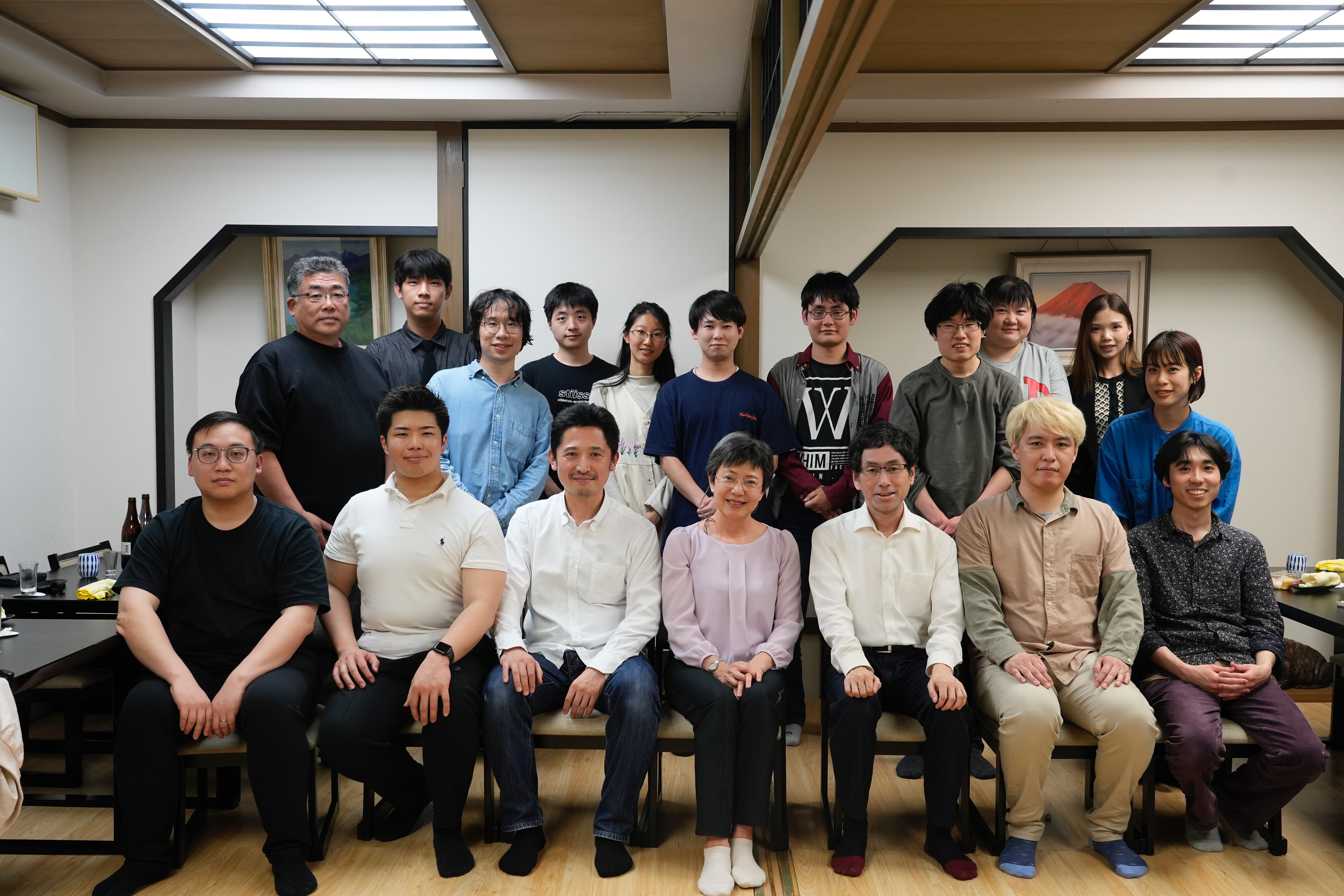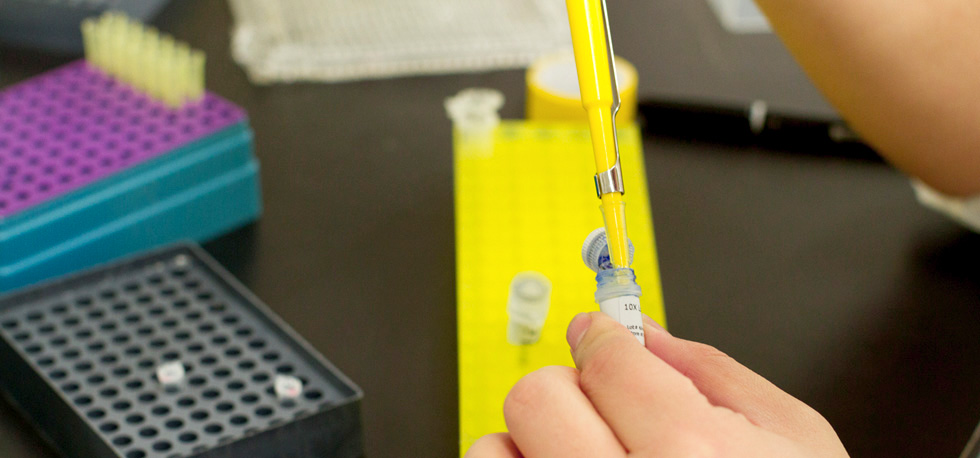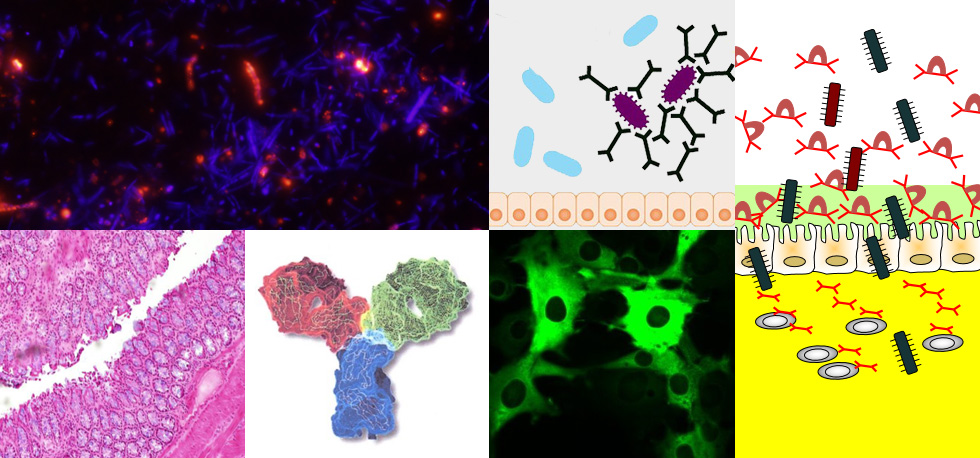Overview
The immune response has evolved to protect us from pathogenic infectious agents and toxic foreign substances. In acquired immune response, antigen stimulation of B cells induces two distinct genetic alterations in the immunoglobulin (Ig) loci: somatic hypermutation (SHM) and class switch recombination (CSR), both of which require an enzyme, activation-induced cytidine deaminase (AID). After these processes, among diversified Ig repertoire, selected high-affinity Igs efficiently defend the host. AID plays a crucial role in host defense but it introduces DNA cleavage into Ig loci and aberrantly into non-Ig loci causing lymphoma. Our aim is to answer the question, ‘How does AID activity specifically target Ig loci?’, using AID mutant protein and mutant knock-in mice, and to understand the precise molecular mechanisms of SHM and CSR.
Recently dysbiosis (gut commensal microbial imbalance) is being frequently reported to be associated with illnesses such as inflammatory bowel disease (IBD), obesity, cancer, etc. We found that the high-affinity intestinal IgA produced by SHM is important to control non-pathogenic gut bacteria as well as pathogens. Our main focus is on how intestinal IgA recognizes and targets a huge variety of gut bacteria. We have isolated a useful monoclonal IgA to modulate gut microbiota leading to symbiosis (balanced host-microbial relationship in gut).
We aim to apply the findings of our basic research to practical medicine.

- 2018-10-19"Event" has been updated.
- 2018-02-01The website has been released.

Reiko Shinkura, MD, PhD
Laboratory of Immunology and Infection Control
Institute for Quantitative Biosciences
The University of Tokyo
1-1-1 Yayoi, Bunkyo-ku, Tokyo 113-0032, JAPAN
Tel. +81.3.5841.8488
Fax. +81.3.5841.8487





